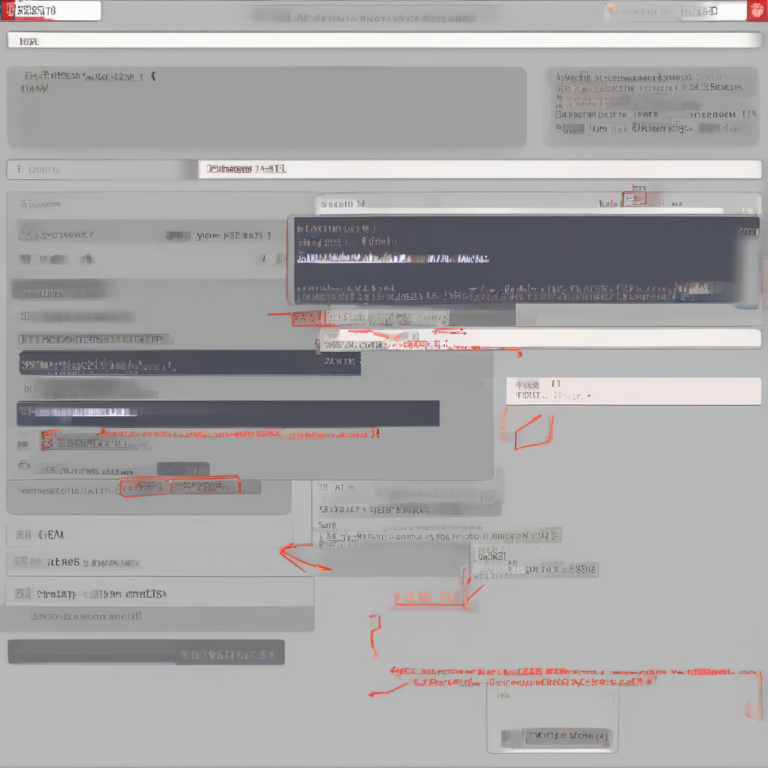Unlocking Investment Potential: A Comprehensive Guide to HELOCs for Real Estate
Unlocking Investment Potential: A Comprehensive Guide to HELOCs for Real Estate
A Home Equity Line of Credit (HELOC) can be a powerful tool for real estate investors, offering access to funds for various investment strategies. However, understanding the intricacies of HELOCs and their application to investment properties is crucial before leveraging this financial instrument. This comprehensive guide explores the nuances of using HELOCs for investment real estate, covering eligibility criteria, potential benefits and drawbacks, and strategies for successful implementation.
Understanding HELOCs
A HELOC is a revolving line of credit secured by the equity in your home. Unlike a traditional loan with fixed payments, a HELOC allows you to borrow money up to a certain limit (your credit limit) as needed, and repay it over time. This flexibility can be extremely attractive for real estate investors who need access to capital for various purposes.
- Draw Period: This is the time frame during which you can borrow money from your HELOC. It typically lasts 10-10 years.
- Repayment Period: Following the draw period, the HELOC transitions to a repayment period, where you must begin paying down the principal balance. This period often lasts 10-20 years.
- Interest Rates: HELOC interest rates are typically variable, meaning they can fluctuate based on market conditions. This is a key factor to consider when budgeting for repayments.
- Fees: HELOCs often come with fees, including application fees, appraisal fees, and annual fees. It’s essential to understand these costs upfront.
HELOCs for Investment Properties: Advantages
Using a HELOC to finance investment properties offers several potential advantages:
- Access to Capital: HELOCs provide a readily available source of funds for purchasing, renovating, or maintaining investment properties. This can be particularly helpful for opportunistic investments that require quick action.
- Lower Interest Rates (Potentially): Compared to other financing options like private money lenders or hard money loans, HELOCs may offer lower interest rates, resulting in lower overall borrowing costs.
- Flexibility: The revolving nature of a HELOC allows for flexibility in borrowing and repayment. Investors can access funds as needed and repay them as their cash flow allows.
- Tax Advantages (Potentially): Interest paid on a HELOC used for investment purposes may be tax-deductible, depending on your individual circumstances and tax laws. Consult a tax professional for guidance.
- Improved Cash Flow Management: By using a HELOC, investors can potentially improve their cash flow management by avoiding the need to sell existing assets to fund new projects.
HELOCs for Investment Properties: Disadvantages
Despite their potential benefits, HELOCs also carry certain drawbacks:
- Variable Interest Rates: The variable nature of HELOC interest rates can make budgeting challenging. Rising interest rates can significantly increase your monthly payments.
- Risk of Foreclosure: If you fail to make your payments, your home, which secures the HELOC, is at risk of foreclosure. This risk is magnified if your investment property performs poorly.
- Impact on Credit Score: Opening a new line of credit can temporarily impact your credit score, although responsible use should improve it over time.
- Fees and Costs: Various fees associated with HELOCs can add to the overall cost of borrowing. Thoroughly review all fees before committing.
- Debt Consolidation Risks: Using a HELOC to consolidate high-interest debt can be beneficial but only if you maintain responsible borrowing habits. Overleveraging can have severe consequences.
Eligibility Criteria for HELOCs on Investment Properties
Lenders have specific criteria for approving HELOCs, especially when used for investment properties. These requirements often include:
- Credit Score: A strong credit score is typically required. The minimum score will vary depending on the lender.
- Debt-to-Income Ratio (DTI): Lenders will assess your DTI to determine your ability to handle additional debt. A lower DTI improves your chances of approval.
- Equity in Your Primary Residence: The amount of equity you have in your primary residence determines how much you can borrow.
- Income Verification: Lenders will require proof of income to ensure you can afford the repayments.
- Property Appraisal: An appraisal of your primary residence is necessary to determine its value and the amount of equity available.
- Investment Property Appraisal (Often Required): Many lenders may also require an appraisal of the investment property to assess its value and potential rental income.
Strategies for Utilizing HELOCs for Real Estate Investment
Successful use of a HELOC for real estate investment requires careful planning and execution.
- Develop a Clear Investment Strategy: Define your investment goals, risk tolerance, and exit strategy before applying for a HELOC.
- Thorough Due Diligence: Conduct comprehensive due diligence on any investment property before committing to a purchase.
- Conservative Borrowing: Avoid overleveraging. Borrow only what you can comfortably repay, even during periods of economic uncertainty or low rental income.
- Diversification: Don’t put all your eggs in one basket. Diversify your investment portfolio to mitigate risk.
- Regular Monitoring: Monitor your HELOC balance, interest rates, and investment property performance regularly. Adjust your strategy as needed.
- Emergency Fund: Maintain an emergency fund to cover unexpected expenses related to your investment properties.
- Professional Advice: Consult with financial advisors, real estate professionals, and tax advisors to get personalized advice.
Alternatives to HELOCs for Real Estate Investment
While HELOCs can be useful, other financing options exist for real estate investment:
- Traditional Mortgages: Mortgages offer fixed interest rates and predictable payments but less flexibility than HELOCs.
- Private Money Lenders: These lenders offer faster funding but usually at higher interest rates.
- Hard Money Loans: Similar to private money loans, these loans are short-term and often have higher interest rates and fees.
- Commercial Real Estate Loans: These loans are specifically designed for investment properties and require more stringent qualifications.
Conclusion (Note: Omitted as per instructions)






